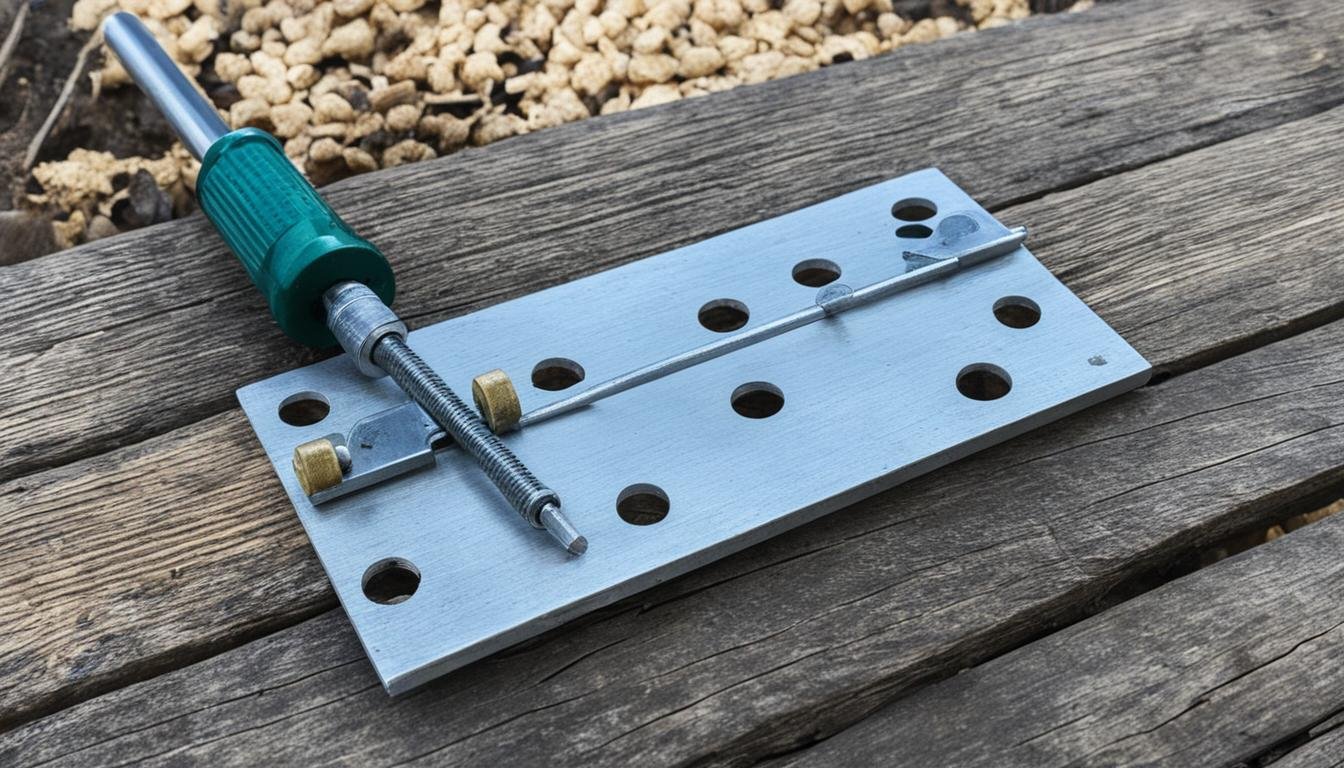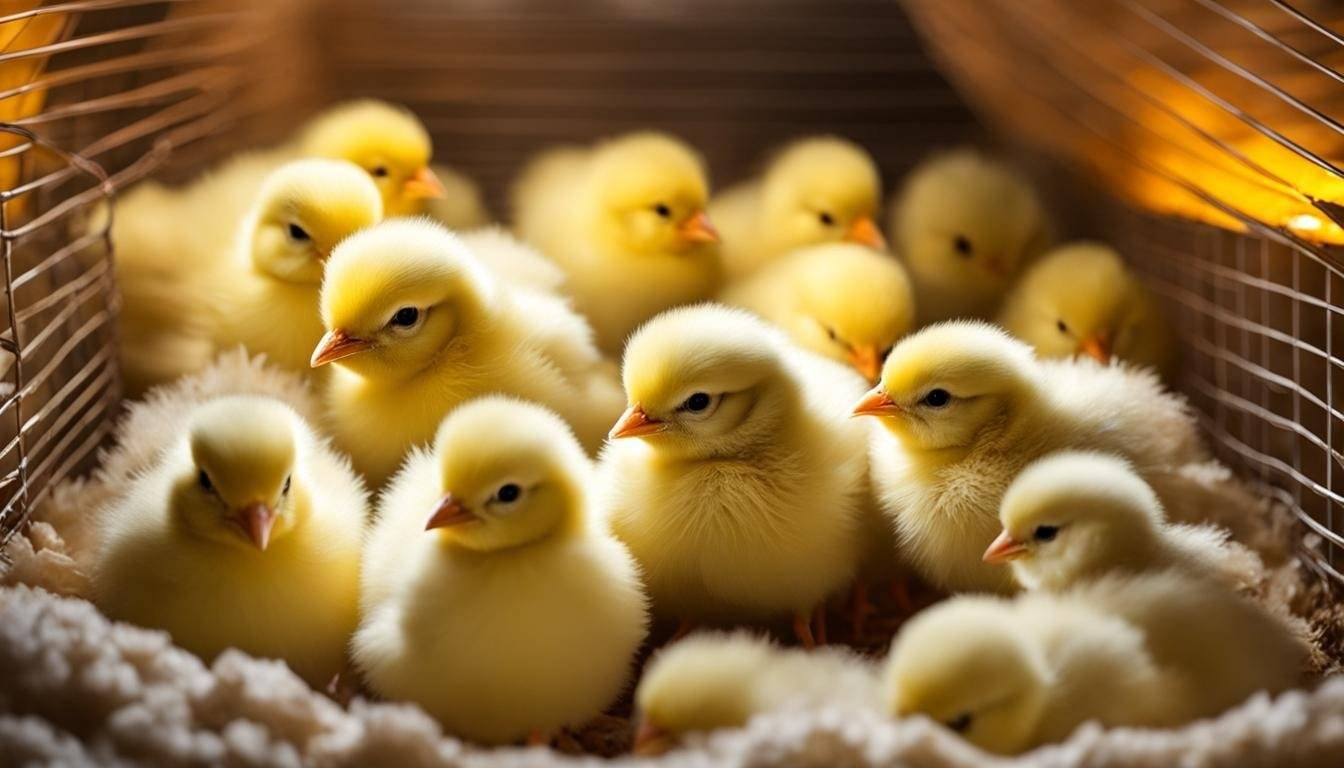Cleaning a chicken coop regularly is crucial for the health and well-being of your flock. Neglecting to clean your coop can increase the risk of diseases and infections in your chickens. Regular cleaning helps to reduce the chances of spreading germs and keeps your chickens healthy.
It is recommended to clean the floors, remove any mold or litter, clean the nesting boxes, and replace the bedding to kill germs and maintain cleanliness. It’s important to clean the coop regularly to prevent the growth of bacteria and other diseases that can make your chickens and your family sick.
The best time to clean your coop is when you notice dust, dirt, cobwebs, dirty bedding, and built-up feces.
How Often Should You Clean Your Chicken Coop?
The cleanliness of your chicken coop plays a significant role in the health and well-being of your flock. But how often should you clean it? The frequency of cleaning your chicken coop depends on factors such as the size of your coop, the number of chickens you have, and the overall cleanliness of the coop.
A good general guideline is to provide fresh food and water every day to ensure your chickens are well-nourished. As for the cleaning routine, it’s recommended to clean out the bedding at least once a week or once a month, depending on the depth and soiled condition of the bedding layer. This will help remove any droppings, dirt, and odors that may accumulate over time.
Additionally, it’s important to do a total clean-out of the coop at least twice a year. This involves emptying the coop completely, removing all the bedding, and thoroughly disinfecting the surfaces. By performing a deep clean, you can eliminate any potential pathogens and ensure a clean and healthy environment for your chickens.
However, it’s essential to keep a close eye on your coop’s cleanliness and address any signs of dirt, dust, cobwebs, and accumulated feces promptly. Regular cleaning and maintenance are crucial to prevent the buildup of harmful bacteria and maintain optimal conditions for your chickens.
Ultimately, the best practice for cleaning your chicken coop is to establish a routine that fits your specific circumstances. By being proactive and attentive to cleanliness, you can provide a safe and comfortable habitat for your chickens, reducing the risk of diseases and maintaining their overall well-being.
| Cleaning Task | Frequency |
|---|---|
| Remove droppings & debris | Once a week or as needed |
| Change bedding | Once a week or once a month |
| Disinfect coop surfaces | Twice a year |
| Inspect for signs of dirt, dust, cobwebs | Regularly |
By following a regular cleaning schedule and maintaining a clean chicken coop, you can ensure the health and happiness of your feathered friends while creating a pleasant environment for both you and your chickens!
Best Practices for Cleaning a Chicken Coop
Cleaning a chicken coop involves several steps to ensure thorough cleaning and disinfection. Follow these best practices to maintain a clean and healthy environment for your flock:
1. Remove and Replace Bedding Regularly
The first step in cleaning your chicken coop is to remove and replace the bedding. Bedding materials such as straw, wood shavings, or sand offer a comfortable surface for your chickens and help absorb moisture. However, they can also harbor bacteria and attract pests if not regularly changed. Remove the soiled bedding, dispose of it properly, and replace it with fresh, clean bedding.
2. Scrub and Disinfect Surfaces
Next, thoroughly scrub all surfaces of the chicken coop using a mild detergent and warm water. Pay close attention to areas that accumulate dirt, dust, and feces, such as roosting bars, nesting boxes, and flooring. After scrubbing, rinse the surfaces with clean water and then disinfect them using a poultry-safe disinfectant. This helps eliminate any remaining bacteria or pathogens.
3. Clean and Maintain Feeding and Watering Areas
Regularly clean and sanitize the feeding and watering areas in the chicken coop. Remove any spilled feed, debris, or droppings from feeders and waterers. Scrub them clean using a brush and warm soapy water, then rinse thoroughly. A clean feeding and watering area helps prevent the spread of diseases and keeps your chickens healthy.
4. Prevent Pest Infestations
Pests such as mice, rats, and flies can pose a threat to your chickens’ health. To prevent infestations, seal any cracks or openings in the coop that may serve as entry points for pests. Regularly check for signs of pest activity, such as droppings or gnaw marks. Use safe and effective pest control methods to eliminate pests and keep your chicken coop clean and pest-free.
5. Practice Good Biosecurity Measures
Biosecurity measures are essential to prevent diseases from entering your chicken coop. Limit visitors to your coop and avoid introducing new chickens without proper quarantine and health checks. Clean and disinfect any equipment or tools used in the coop, such as egg baskets or feed scoops, to prevent the transmission of bacteria or viruses.
By following these best practices for cleaning a chicken coop, you can ensure a clean and healthy environment for your chickens, reducing the risk of diseases and promoting their overall well-being.

The Importance of Cleaning Your Chicken Coop
Regularly cleaning your chicken coop is essential to ensure the health and well-being of your flock. Neglecting to clean your coop can lead to various problems, including the spread of diseases and infections among your chickens and an overall decline in their living conditions. By maintaining a clean and hygienic environment, you can keep your chickens healthy and happy.
One of the key reasons why cleaning your chicken coop is important is to prevent the spread of diseases and infections. A dirty and unsanitary coop becomes a breeding ground for bacteria and parasites, putting your chickens at risk. Bacterial growth can lead to illnesses like respiratory infections, Salmonella, and E. coli, which can not only affect your chickens but also pose a health risk to you and your family.
Cleaning your chicken coop regularly also improves the overall health and well-being of your chickens. A clean and tidy coop reduces stress and discomfort for your flock, allowing them to thrive in a healthy environment. It provides them with a safe space to roam, eat, and rest, promoting their physical and mental well-being.
Additionally, maintaining a clean coop can have a positive impact on egg production and the quality of eggs laid by your chickens. A dirty coop can contaminate eggs with dirt, bacteria, and other contaminants, making them unsafe for consumption. By keeping your coop clean, you can ensure that your chickens lay eggs that are fresh, clean, and free from any contaminants.
To maintain a clean chicken coop, here are some important cleanliness tips:
- Regularly remove and replace soiled bedding, such as straw or wood chips, to prevent the accumulation of waste materials.
- Scrub and disinfect the coop surfaces, including the floors, walls, and nesting boxes, to eliminate bacteria and germs.
- Ensure proper ventilation to prevent the buildup of moisture and reduce the risk of mold or fungal growth.
- Regularly clean and refill drinking water containers to provide clean and fresh water for your chickens.
- Implement a cleaning schedule that suits the needs of your flock and the size of your coop.
By following these cleanliness tips and maintaining a regular cleaning routine, you can ensure the overall health and well-being of your chickens, minimize the risk of diseases, and enjoy a thriving flock. Remember, a clean coop is a happy and healthy home for your feathered friends!

Conclusion
Regularly cleaning your chicken coop is essential for maintaining the health and well-being of your flock. By following a cleaning routine and best practices, you can prevent the spread of diseases, improve egg production, and provide a comfortable environment for your chickens.
The frequency of cleaning your chicken coop depends on factors such as the size of your coop and the number of chickens. However, a general guideline is to clean the coop when you start to see signs of dirt and accumulated waste. This helps to maintain cleanliness and prevent the growth of bacteria that can harm your chickens and your family.
Remember to clean the floors, remove any mold or litter, clean the nesting boxes, and replace the bedding to kill germs and maintain a hygienic environment. Regular cleaning not only keeps your chickens healthy but also ensures optimal egg production and improves the overall quality of the eggs.
By prioritizing the cleanliness of your chicken coop and implementing a regular cleaning routine, you can create a happy and thriving flock. So roll up your sleeves, grab your cleaning supplies, and give your chickens the clean and safe coop they deserve!





